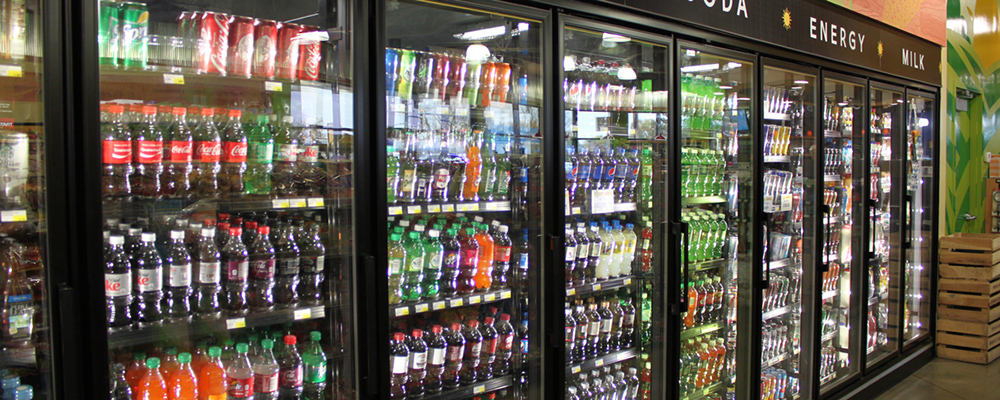
As of January 2018, several facilities continuously supplied by the city's drinking water will be banned. If you own a business or even a manager a residential building, you may have to replace certain equipment to avoid being in violation, especially if the installation was carried out before 2013.
To achieve the objectives of the Stratégie québécoise d'économie d'eau potable (SQEEP), several municipalities have adopted, in recent years, regulations aimed at limiting the use of drinking water in buildings in their territory.
This is particularly the case for the City of Montreal, which has decided to tackle devices whose operation requires a large volume of water in industrial, commercial, and institutional buildings (ICI buildings) in its territory (RGC 13-011).
(A similar regulation [GSR 13-023] applies to residential buildings with an air conditioning system connected to city water.)
This regulation primarily targets all water-cooled systems known for the large volume of water they consume. They could, for examples, include refrigerators used in grocery stores or convenience stores, central air conditioning systems in office towers, or even the ice cream machine in the neighborhood dairy bar.
Le Devoir reported in 2003 that a small proportion of ICI buildings in its territory were equipped with water meters. It was then common practice for contractors to hook up air conditioners and refrigerators to the city's aqueduct before their customers have obtained the permit. A restaurateur or convenience store owner could save thousands of dollars annually in equipment and energy costs. Equipment connected to drinking water was cheaper to purchase than those offering alternative cooling technologies and consumed less electricity for cooling.
However, these devices consume a huge amount of water!
The small condenser of a single refrigerated display can easily consume 3000 liters of water per day, depending on its power and if its control valve is in good condition. That is more than 1 million liters of water per year!
In addition to appliances comprising a refrigeration unit, the regulation also covers equipment that requires enormous water consumption. This is particularly the case of the urinals with automatic flushing connected to drinking water, which will have to be replaced by urinals with manual flushing or with a front presence detector.
The by-law also requires that a car wash connected to the aqueduct be equipped with a water recovery, recycling, and recirculation system before January 1, 2018.
There are devices on the market that operate by air or are equipped with a water recirculation loop. The first option is to replace all the affected equipment.
However, it is also possible to adapt the building’s equipment or water management to make the use compliant with the regulations.
Contact an expert in building water management today to discuss the solutions available to you. This will allow you to better plan for this transition and thereby save a lot on the process.
We use cookies to understand how you use our site and to improve your experience. This includes personalizing content and advertising. By continuing to use our site, you accept our use of cookies, terms and conditions, privacy policy. Confused? Send us an e-mail.
I acceptWe use cookies
Respecting your privacy matters to us. We use cookies to personalize our content and facilitate your digital experience. Some cookies may be collected with your consent.
Essential
Essential cookies help make a website usable by enabling basic functions such as page navigation and access to secure areas of the website. The website cannot function properly without these cookies.
Performance
These cookies enable us to analyze navigation on our sites and improve their operation.
Customization
Preference cookies enable a website to remember information that modifies the behavior or appearance of the site, such as your preferred language or the region you are in.
Targeted advertising
These cookies help us limit the number of times you see an advertisement, personalize our offers and services according to your centers of interest, measure the effectiveness of an advertising campaign, and so on. They may be shared with our partners.
We use cookies
Respecting your privacy matters to us. We use cookies to personalize our content and facilitate your digital experience. Some cookies may be collected with your consent.